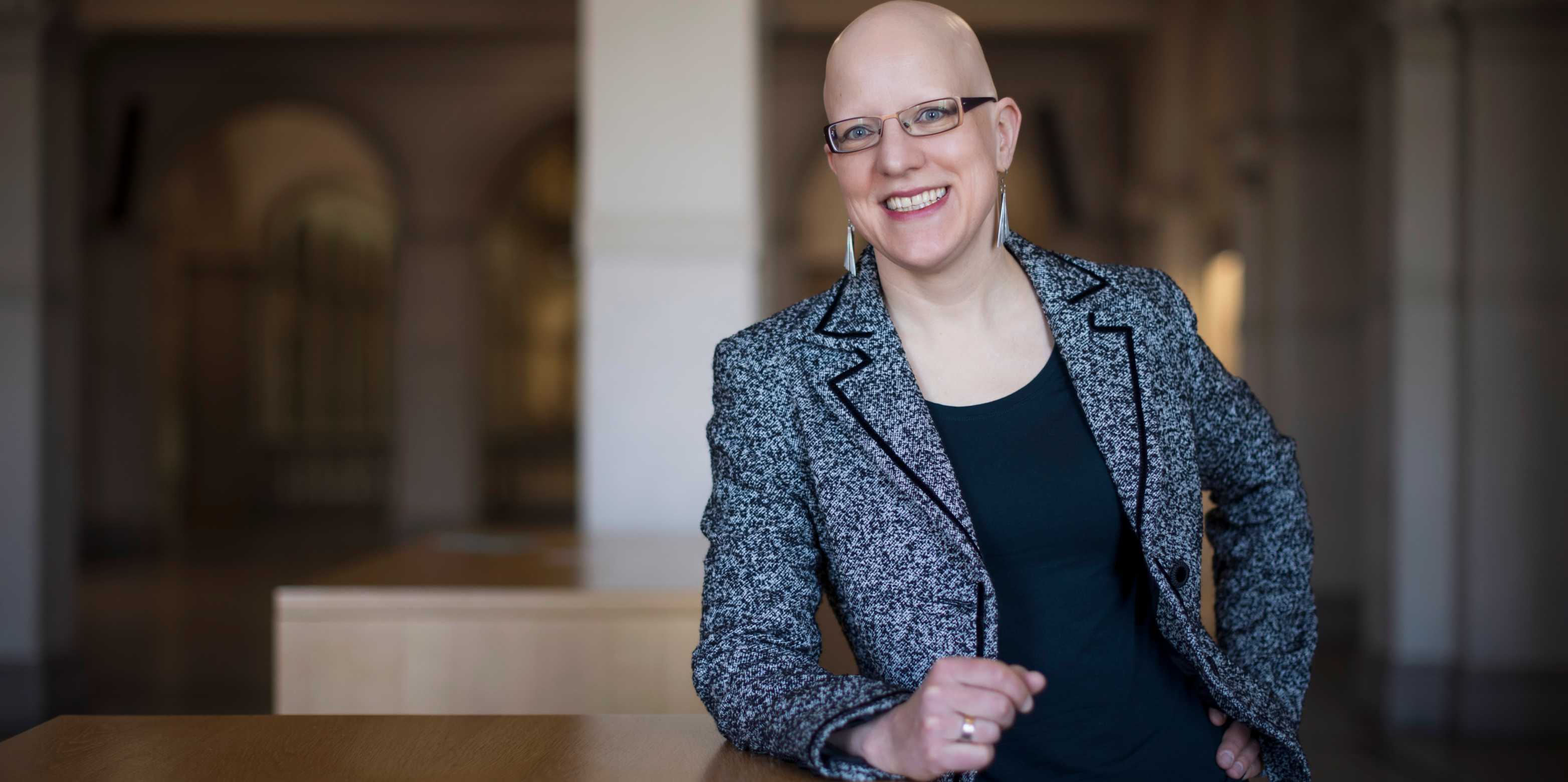Solving problems with intuition
In her research as a number theorist, Sarah Zerbes focuses on one of the oldest – but also most topical – branches of mathematics. Her work is closely tied to one of the great open mathematical problems, the solution for which carries a prize of one million dollars.

There are two kinds of researchers in mathematics, Zerbes says: "One kind builds theories and sees the big picture." The other focuses on a particular problem that needs to be solved. "I’m a problem solver," says the German-born 43-year-old, who last autumn was appointed Professor of Mathematics at ETH Zurich. The problems she deals with relate to one of the most famous and mysterious conjectures in mathematics. It was proposed by two British mathematicians, Bryan Birch and Peter Swinnerton-Dyer, in 1965, after they had spent many nights conducting numerical experiments on what at the time was the sole computer at the University of Cambridge. "These days,” Zerbes says, "anyone could do those calculations on a laptop."